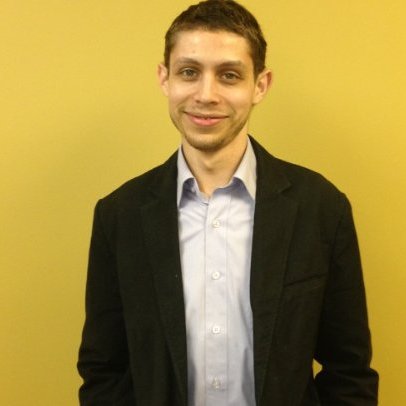Op-Ed Thomas Chatterton Williams: My black privilegePosted in Articles, Autobiography, Media Archive, Politics/Public Policy, Social Justice, United States on 2016-01-04 21:46Z by Steven |
Op-Ed Thomas Chatterton Williams: My black privilege
The Los Angeles Times
2016-01-03
A couple of years ago, I participated in an Aspen Institute symposium on the state of race. During the roundtable that followed the panels, as I spoke about my experiences growing up black in the 1990s, I was interrupted by a Latino sociologist and former gang member from UC Santa Barbara. People who care about people of color, the professor instructed me, ought to focus their energies on continued systemic racism and forget about anything so nebulous and untrustworthy as observation. Like it or not, I was the victim of greater social forces. It did not matter that I had come to see my life as something of my own making — the evidence of my senses was useless.
I thought about this exchange often in 2015, a year in which the discussion of racism — always relevant — became omnipresent. This was mostly a good thing. Yet it is dismaying how hard it is now to have a serious conversation about black experience without coming across some version of the professor’s condescending remarks.
Perhaps the most influential book last year was Ta-Nehisi Coates’ “Between the World and Me,” a jeremiad whose thesis is that black people “have been cast into a race in which the wind is always at your face and the hounds are always at your heels.” The string of high-profile police killings of black men and women seemed to underscore Coates’ point, and galvanized support for the Black Lives Matter movement, which, in turn, forced an urgent critique of the very real bias plaguing the criminal justice system. That movement has also frequently veered away from the work of reforming law enforcement practices, enlisting itself in a social media-driven culture war over far more ambiguous problems, such as microaggressions and safe spaces.
Black people everywhere, many of our most audible voices seem to say, will always and everywhere be “the faces at the bottom of the well,” as Coates put it.
But the truth is more complicated than that. I am a black man of mixed race heritage, and while every black member of my family has encountered racism, we are also the ones in the family who hold graduate degrees, own businesses and travel abroad. My black father, born in 1937 in segregated Texas, is an exponentially more worldly man than my maternal white Protestant grandfather, whose racism always struck me more as a sad function of his provincialism or powerlessness than anything else. I don’t mean to excuse the corrosive effects of his views; I simply wish to note that when I compare these two men, I do not recognize my father as the victim…
Read the entire article here.
